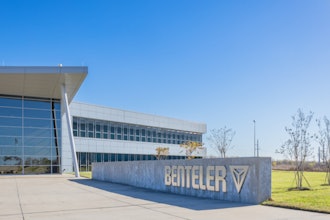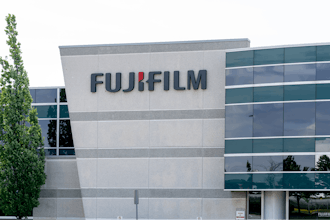Securing food processing facilities against foreign object contamination can add an extra level of security to food safety plans.
The food processing industry faces many challenges. Of utmost importance is food safety. As you may know, food safety encompasses everything from equipment cleaning and sanitation to bacterial and fungi control, protection against foreign object contamination, packaging products and selecting the right MRO chemicals. It is a non-stop, 24/7 battle to process safe food in an efficient, safe manner. Let’s face it, there are so many ways that food can be contaminated. If food is contaminated, the impact to your company’s bottom line can be substantial. Thus, risk mitigation is paramount in food processing — period.
Since there are so many avenues for bad things to happen to food as it is processed, let’s narrow our focus to MRO chemicals. First, what are MRO chemicals? Maintenance Repair and Operations chemicals are those products a food processing plant utilizes to keep the processing equipment running. It could be refrigerant for the spiral freezer, hydraulic oil for the palletizer and oil for the gear boxes or even something as simple as grease for all the bearing on the miles of conveyor line in a plant. Every MRO chemical used carries the potential for contamination of processed food. Thus, MRO chemicals should have passed rigid National Sanitation Foundation (NSF) standard for use in a food processing plant. For instance, there are two ratings for lubricants.
One, the less stringent NSF H2 rating means that that lubricant may be utilized in a food plant “where there is no possibility of food contact (H2) in and around food processing areas. Such compounds may be used as lubricants, release agentsor antirust films on equipment and machine parts in locations in which there is no possibility of the lubricant or lubricated part contacting edible products.” (NSF H2 rating — see the NSF website for more information).
The second, more stringent rating is NSF H1 which allows for “a lubricant with incidental food contact (H1) for use in and around food processing areas.” There are NSF ratings for virtually every type of chemical employed at a food processing plant. These range from cleaners to lubricants to hand soaps and no-rinse sanitizers all engineered to clean, protect or lubricate the equipment and employees yet prevent food contamination. It is strongly recommend that one utilize the highest, safest rated MRO chemical product you can in all food plant operations and processes.
This brings us to another potential food contamination issue, that of foreign object contaminations. Foreign object contamination is a huge problem, if you have doubts, check out the USDA website and read about numerous occurrences of foreign object contamination listed therein. After a few minutes on this site you will quickly realize why many food processing companies invest heavily in metal and x-ray detection at critical processing points along the line. They do so to catch any foreign objects that may have been introduced inadvertently as food is processed. Those companies that have metal detection and x-ray make it a priority to use metal- or x-ray detectable pens, markers, scoops, NSF H1 aerosol, band aids, hair nets, etc. If it can be made metal- or x-ray detectable they will use it. It is much cheaper with regards to lost time, product, money and reputation to go to these lengths than to have one major food recall.
In food processing risk mitigation and production efficiency is critical. Dollars saved in production efficiency improvements can quickly be eroded by one major food recall as the result of simple, avoidable problems pertaining to MRO chemical and foreign object contamination. To repeat: in food processing risk mitigation is paramount.
Greg Bruce has over 30 years of experience in the specification and application of MRO, protective coating and janitorial/sanitation chemicals.























